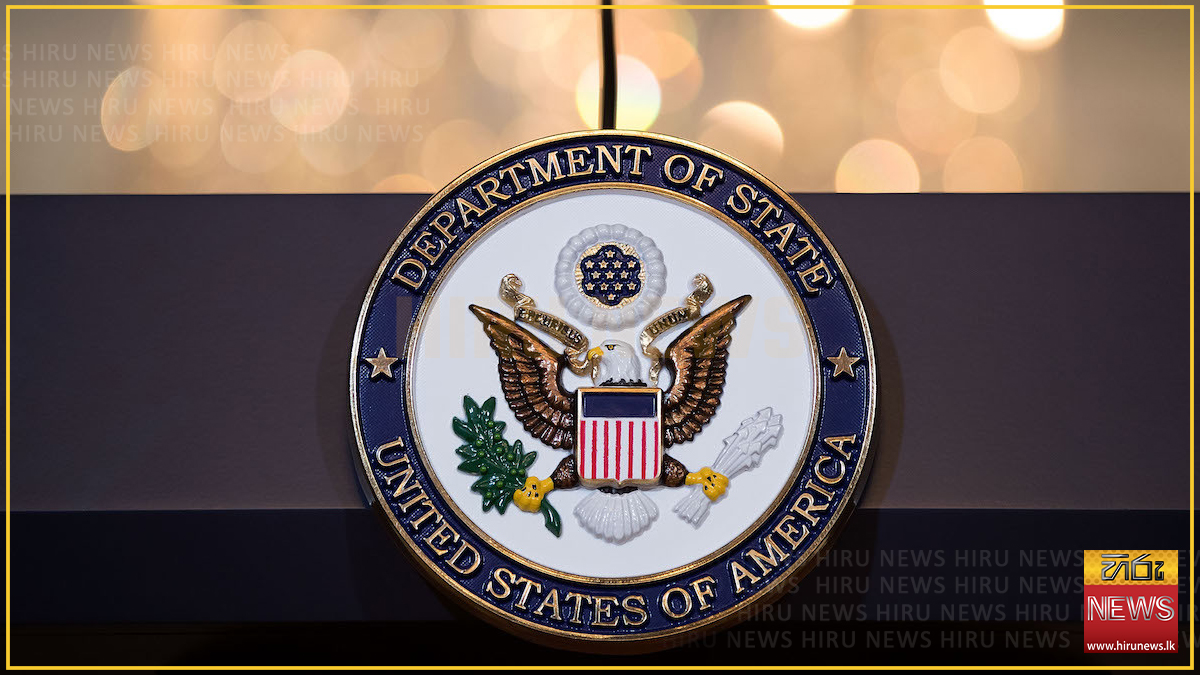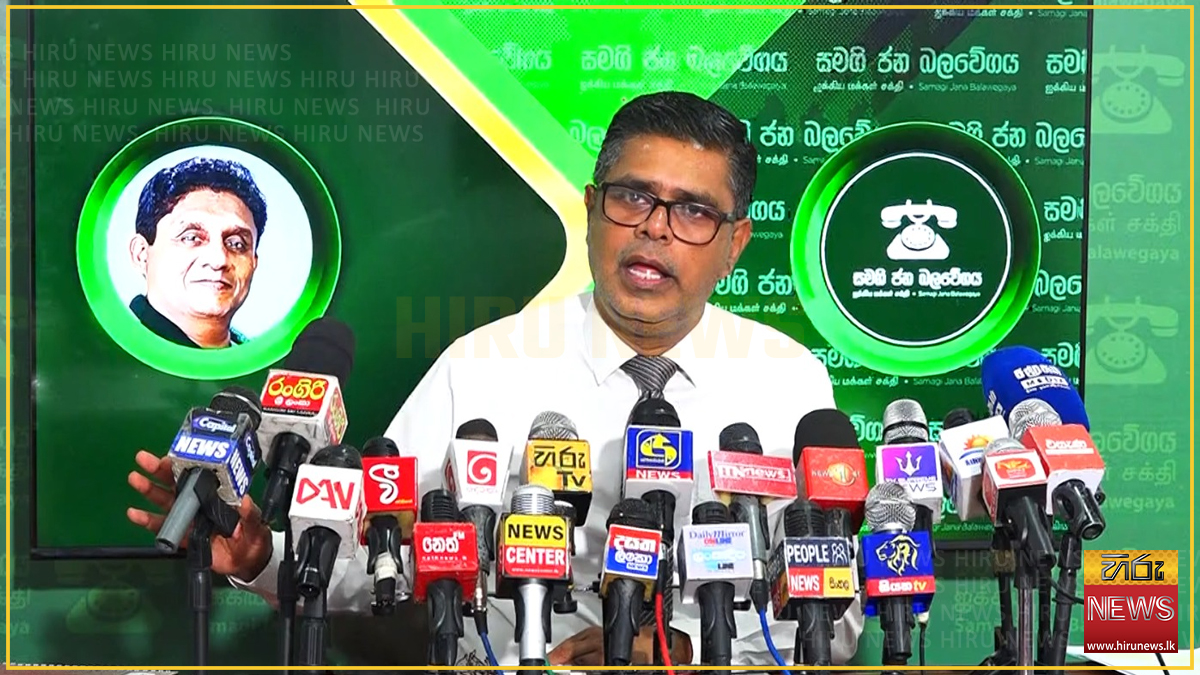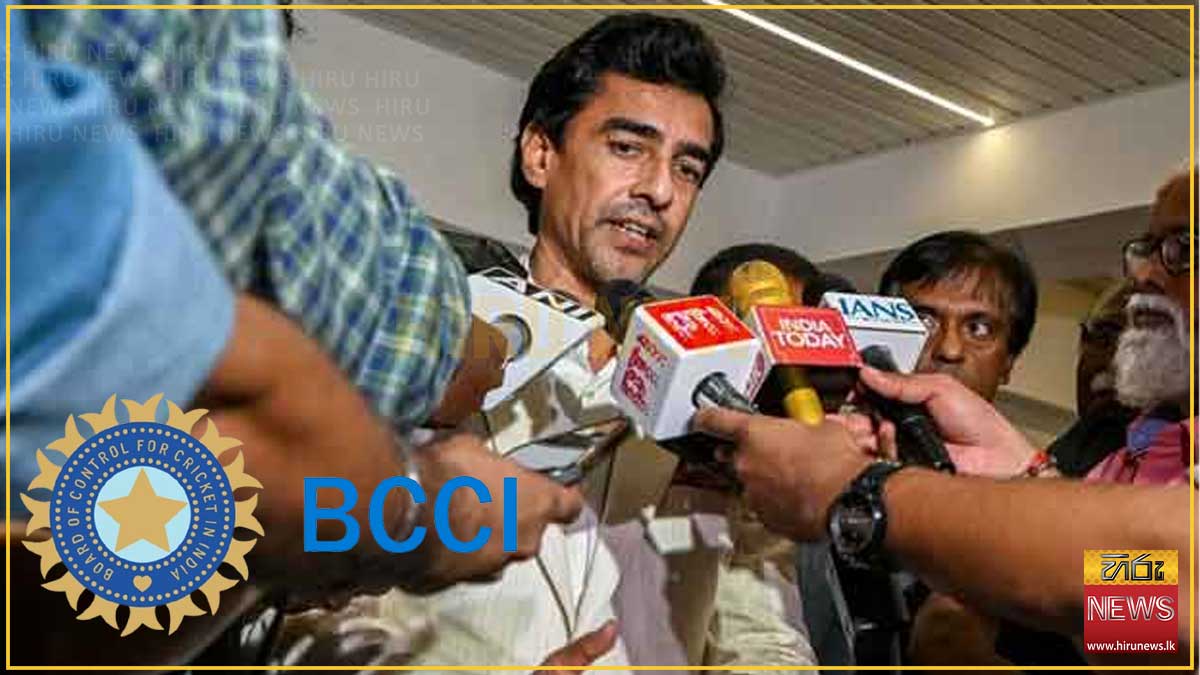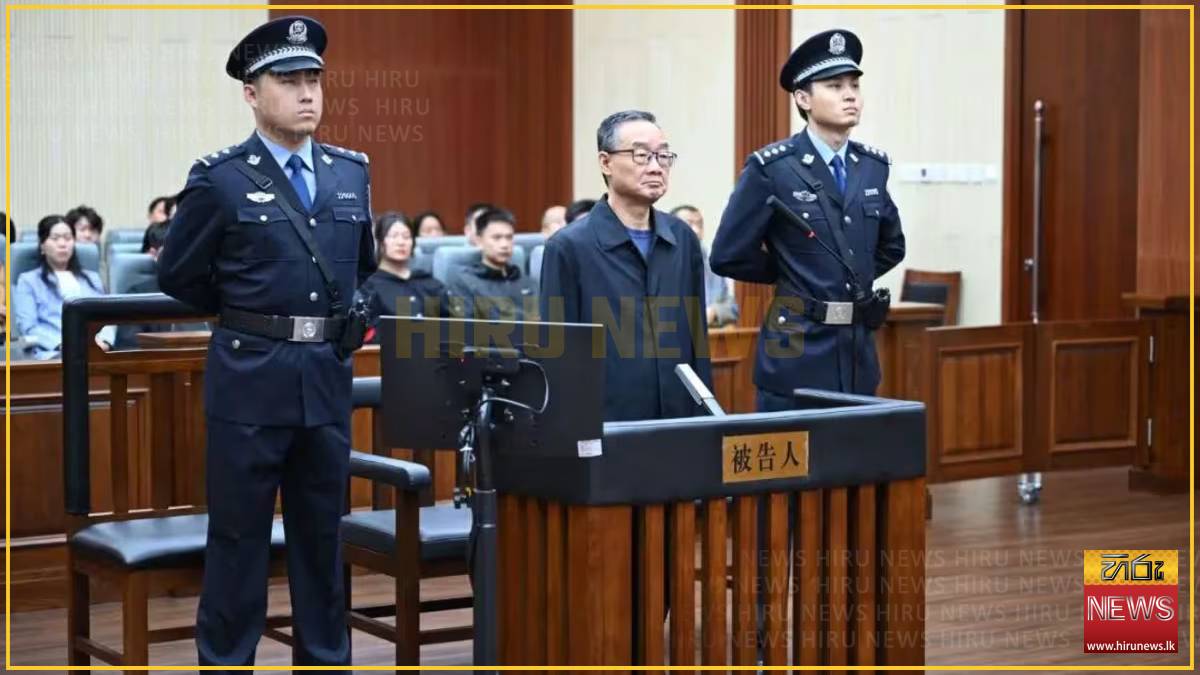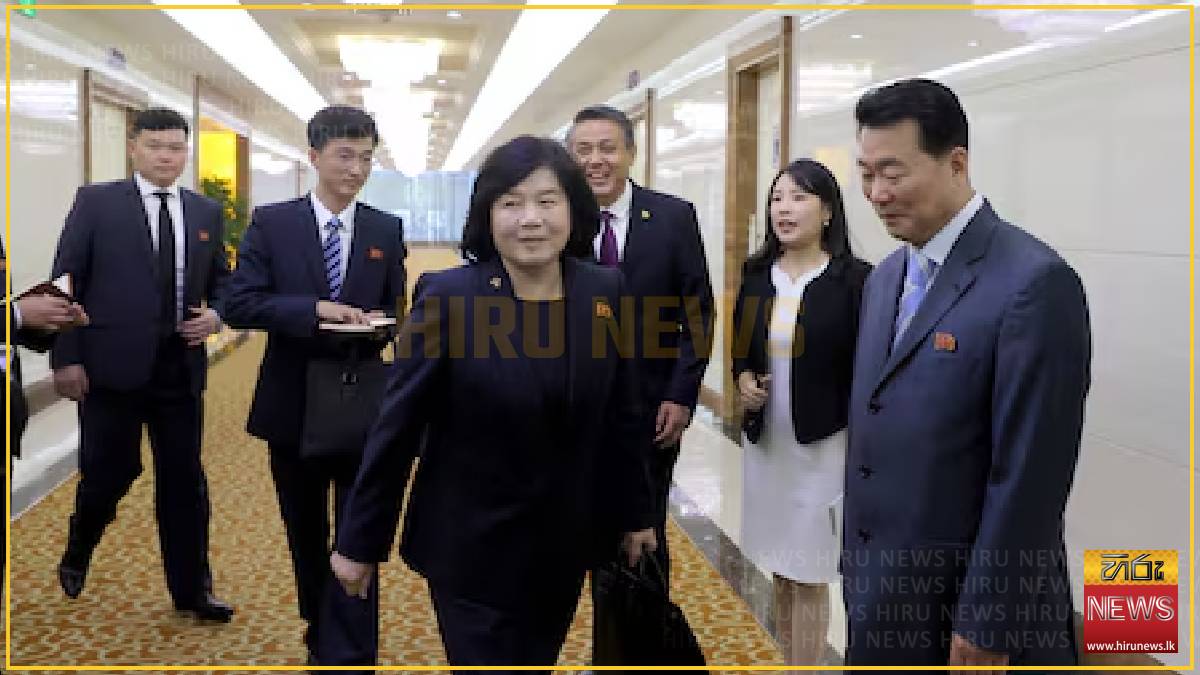It also states that the ruling NPP senior government officials regularly criticize the private sector and the economic growth rate and these have negative impact on investments. Sri Lankan government’s institutional capacity to foster an open investment environment remains limited. These government officials also promote government sector-originated businesses.
“In addition, frequently citing concerns over project reversals, regulatory shifts, slow decision-making, and inadequate support for established businesses, too are also other concerns.”
Though the IMF gave a thumbs up signal to invest in Sri Lanka, by extending the US$3 billion four-year (2023–2027) IMF Extended Fund Facility, investors’ have second thoughts due to the NPP party’s historically anti-Western, Marxist-influenced ideology.
The report also states that there is also no long term foreign policy consistency when it comes to Foreign Direct investments and this too is a concern.
The report also highlights how India’s Adani Group's US$400 million investments for a wind power plant in Mannar were welcomed by the previous government and cold-shouldered and driven away by the present government after calling for renegotiation.
It is also very difficult to maintain a long-term healthy and productive dialogue with the Board of Investment, the report says.
President Anura Kumara Dissanayake has publicly pledged to eradicate corruption and improve governmental transparency. While high-level political bribery solicitation appears to have declined under the new administration, institutional corruption persists—particularly in sectors dominated by entrenched vested interests.
The report highlights that experienced investors stress that policy stability, regulatory reform, and greater transparency are essential before any significant increase in large-scale investments can take place and move towards the government’s ambitious US$5 billion FDI target for 2025.
